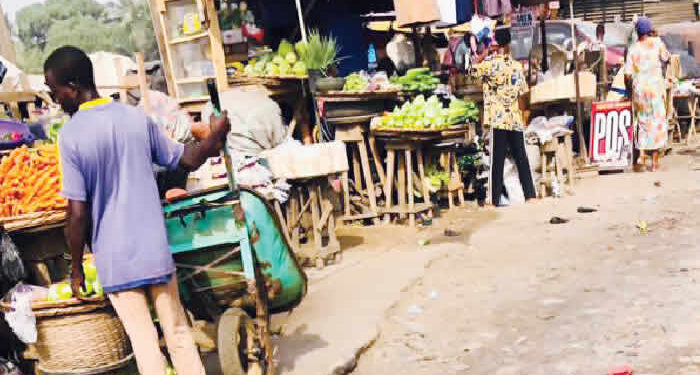Amidst growing public outcry over the skyrocketing cost of Premium Motor Spirit (PMS), commonly known as petrol, the Federal Government has vowed to shut down filling stations selling the commodity at exorbitant rates. Independent oil marketers have hiked pump prices to between N900 and N1,000 per litre, in stark contrast to the N568 to N617 per litre charged at Nigerian National Petroleum Company (NNPC) stations.
This price disparity has led to long queues at NNPC outlets as motorists scramble for cheaper fuel. Independent marketers, however, argue that they have been forced to sell at higher prices due to the steep costs of acquiring petrol from private depots, which they claim is as high as N850 per litre.
Despite these claims, George Ene-Ita, spokesperson for the Nigerian Midstream and Downstream Petroleum Regulatory Authority (NMDPRA), disputed the marketers’ figures. “Our depot reports show a different price. We publish daily prices at the depots, and it is not N850 per litre,” he stated.
Ene-Ita warned that filling stations caught selling petrol at inflated rates would be shut down. “The NNPC informs us of their ex-depot prices to off-takers, and we work out the margins together. There is no justification for prices as high as N900 to N1,000 per litre,” he said.
The NMDPRA spokesperson urged marketers to desist from profiteering, emphasizing that the agency would not allow operators to take advantage of Nigerians during the ongoing fuel crisis.
The fuel crisis, exacerbated by a low supply from NNPC, has allowed private depot owners to hike prices, which in turn affects independent marketers who do not have direct access to NNPC supplies. As a result, petrol is being sold at inflated rates, particularly in remote areas where prices have reached as high as N1,000 per litre.
In response, the Federal Government is reportedly prioritizing the Federal Capital Territory, Abuja, to alleviate long queues in the area. Despite these efforts, the fuel crisis persists, with filling stations in several states, including Osun, Lagos, and Ogun, selling petrol at record-high prices. In Kano, the reluctance of many marketers to open their stations has fueled the black market, where petrol is sold at even higher rates.
Marketers and depot operators continue to express frustration over the supply challenges, urging the NNPC to increase fuel availability to ease the situation. However, until supply issues are resolved, it appears that high prices and long queues will remain the norm across the country.
























